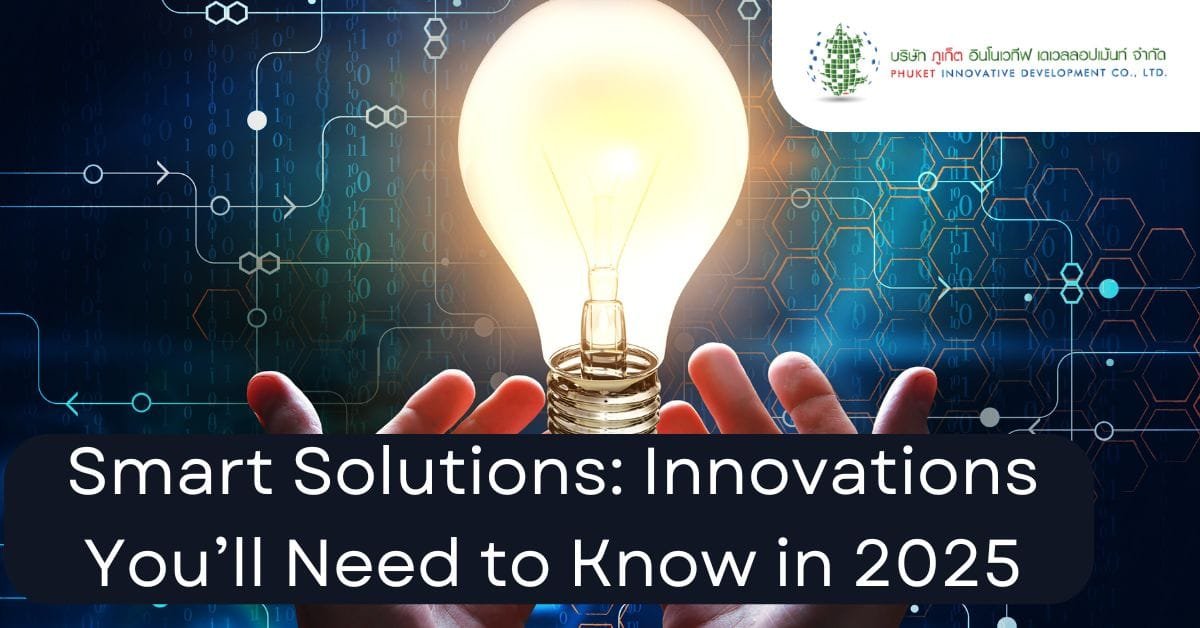
In 2025, manufacturers will increasingly recognize the importance of developing technologies that “understand” users on a deeper level. With AI embedded in everything from smart home devices to wearable tech, fitness equipment, and even toys, consumers will expect innovative experiences that can be seamlessly integrated into their daily lives. The goal for creators is no longer just convenience but delivering personalized experiences that feel tailor-made for each individual. AI assistants will play a key role in streamlining daily life and enhancing user satisfaction. Here are some of the cutting-edge technologies to look out for in 2025.
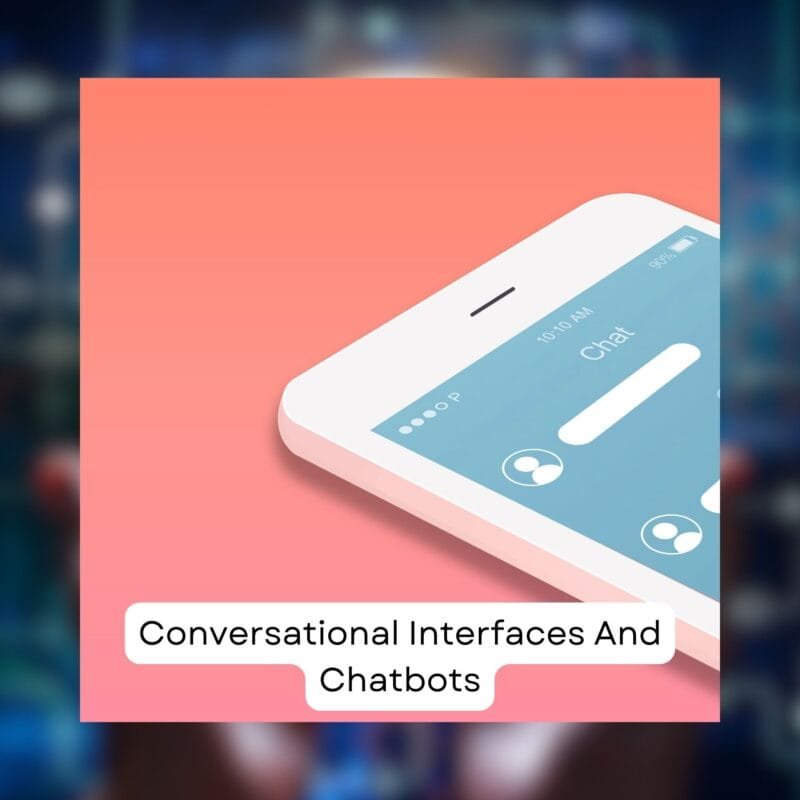
1. Conversational Interfaces and Chatbots:
Say goodbye to clunky interactions with assistants like Alexa or Siri. By 2025, advancements in large language models (LLMs) and natural language processing (NLP), such as ChatGPT, will enable us to converse with devices as naturally as we do with humans. This means we might soon chat with our kitchen appliances or cars, as voice becomes the primary mode of interaction with consumer technologies.
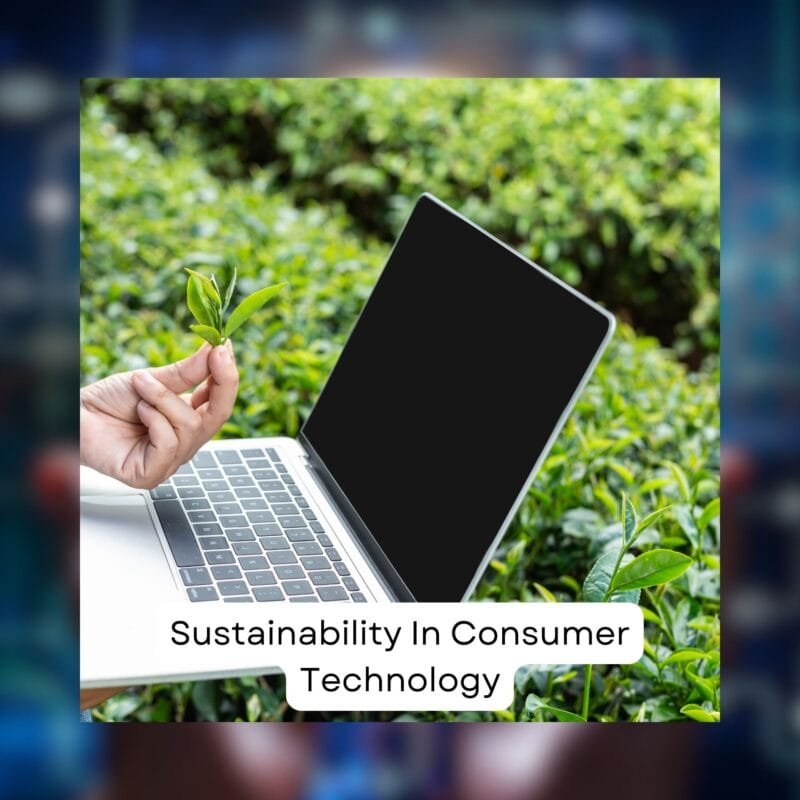
2. Sustainability in Consumer Technology:
The focus on sustainability and environmental impact continues to grow. Manufacturers now prioritize eco-friendly principles as a core business strategy. This includes creating energy-efficient devices, reducing water usage, emissions, and waste, while emphasizing recycling and reusability. Examples include Apple’s M-series processors designed to minimize energy use, modular smartphones with replaceable parts, and the use of recycled materials and eco-friendly inks in packaging.
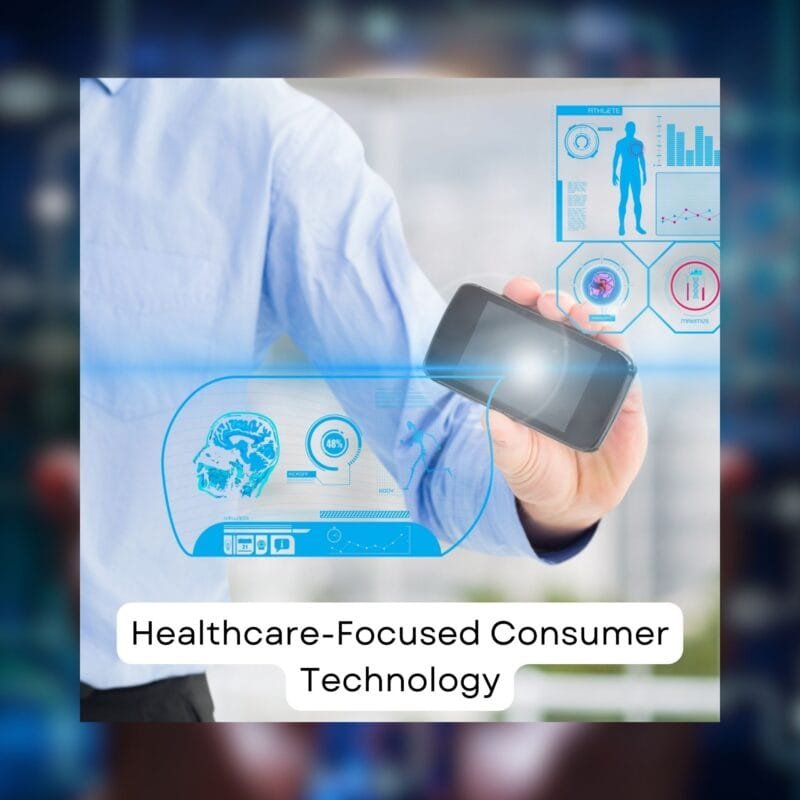
3. Health Technology for Consumers:
While smart health devices like fitness trackers and remote health monitors have been around for years, 2025 will see these products evolve to predict and even diagnose health issues. This includes the use of ECG sensors and blood oxygen measurement on smartwatches, as well as devices that analyze genetic data or gut microbiomes. When paired with telehealth services and virtual healthcare systems, they provide personalized health management experiences.

4. Real-Time Language Translation:
By 2025, communicating with people who speak different languages during travel will be easier than ever. Devices supporting instant language translation, such as smart earbuds, glasses, watches, and portable translators like Pocketalk, will break down language barriers using machine learning and LLMs, no matter where you are in the world.
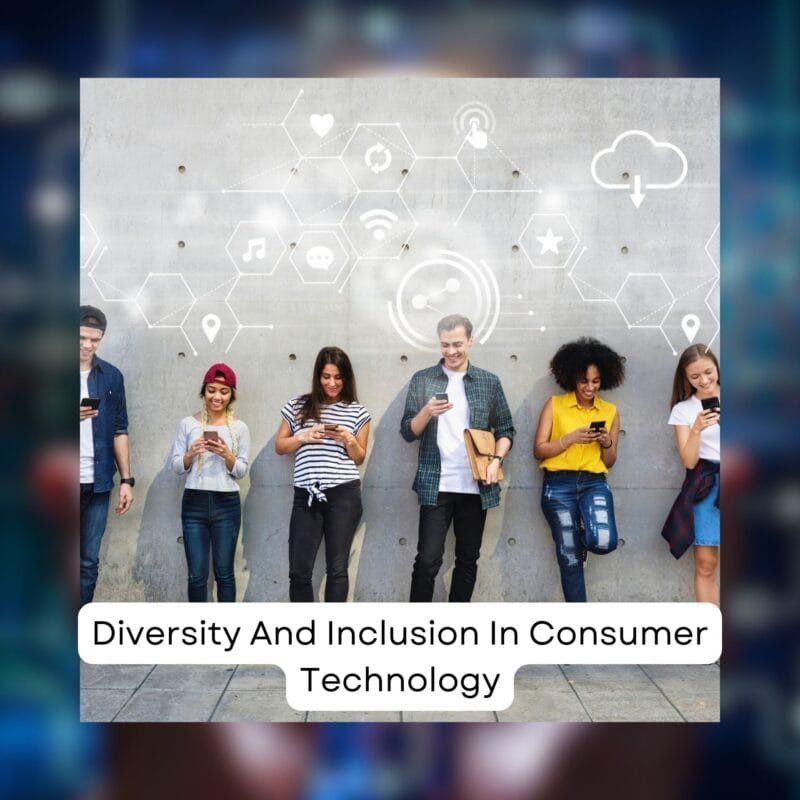
5. Diversity and Inclusivity in Consumer Technology:
Consumer tech in 2025 will be more inclusive. Early-generation hearing aids and speech translation devices struggled with non-standard accents or dialects, while some health wearables like heart rate or blood oxygen sensors often provided inaccurate readings for users with darker skin tones. The development of culturally aware and inclusive AI will address these disparities, enabling broader accessibility.
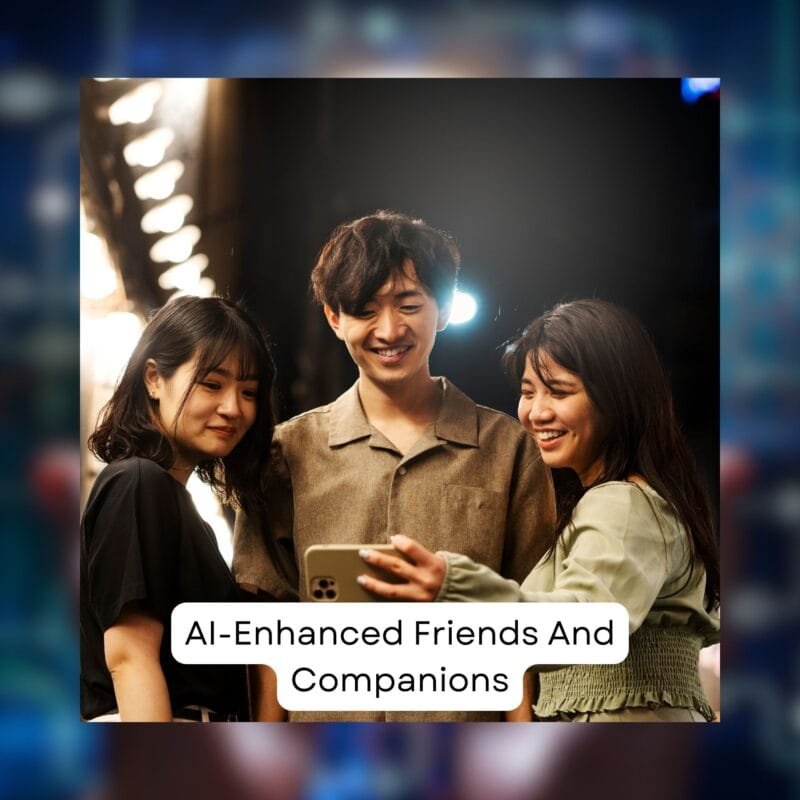
6. AI-Driven Companions and Partners:
AI technology will seamlessly integrate into everyday life for people of all ages, from smarter interactive toys capable of holding conversations and playing games to robots designed to be companions or tutors. AI will enhance devices like “social robots” for entertainment or household assistance, such as “Poe,” a storytelling teddy bear, illustrating how ordinary objects are transformed into “friends.”
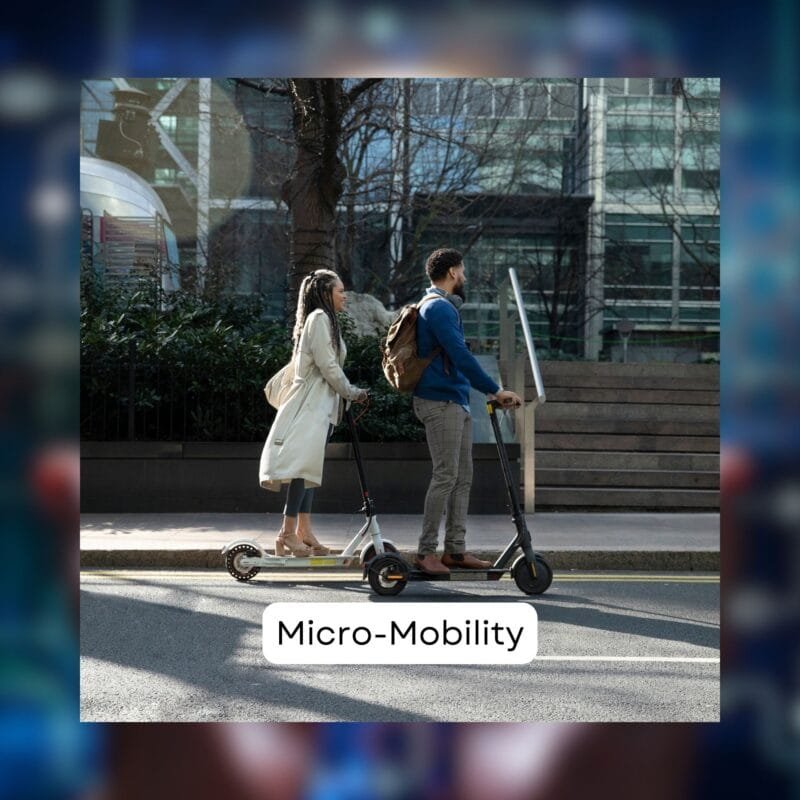
7. Micro-Mobility:
In 2025, small-scale vehicles like e-bikes, scooters, and compact EVs will become smarter and more convenient. With longer battery life and smartphone integration, users will benefit from GPS and real-time route adjustments. These vehicles will be a primary choice for urban commuting and everyday transportation.
The Future of Consumer Technology in 2025, AI will drive innovations not only in consumer tech but also in workplace technology. Employees will expect convenience, sustainability, and personalized lifestyle integration similar to what they experience in their personal lives. Companies that embrace these trends will gain an edge in attracting talent, meeting employee expectations, and staying competitive in a technology-driven market. The future of consumer technology isn’t just about smarter devices; it’s about understanding and adapting technology to interact with people across every dimension of life.
Source: forbes.com
If you want your business to reach online customers and achieve sustainable marketing results, we are happy to provide consultation on what you need.
For further inquiries, contact us at:
Tel. 093 696 4498, Line OA: https://lin.ee/po8XduU
Website: www.pkindev.com
E-mail: mongkontep@pkindev.com
Phuket Innovative Development Co., Ltd. has received numerous awards for its achievements.
INNOVATIVE MAKES THINGS BETTER
